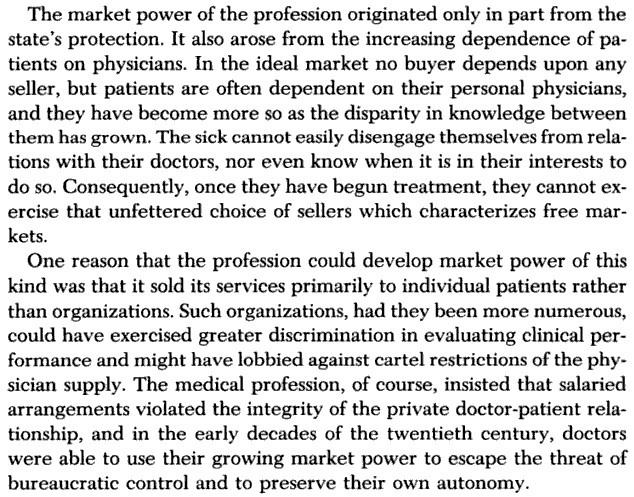- Thread starter
- #61
Still don't see how anyone can complain about a company making 3% Profit. And that is what it boils down to.
The only complain I would have is it's too small, especially if I were a stockholder.
The whole profit thing is irrelevant. So what if they were making 30% profit? Apple does but I don't see people passing laws to punish Apple for outrageous profits. The market is self correcting. If profits are very high other people will get into the business and push them down through competition. If profit is high at insurers more government regulation will not solve that "problem", it will make it worse. ColonScent just doesn't seem to understand this.

